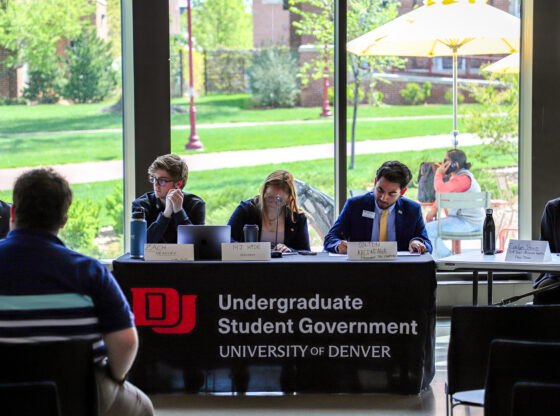On Jan. 19, the U.S. State Department labeled the Wagner Group, a Russian private military organization often known as Vladimir Putin’s personal army, as a Transnational Criminal Organization (TCO) in response to their continued involvement in the Russian invasion of Ukraine. As a TCO, Wagner will have all American assets frozen, and American citizens will be prohibited from assisting Wagner with funds, goods or services. The paramilitary group’s expanding global footprint in war-torn areas and consistent allegations of human rights violations have spurred the U.S. government to encourage fellow national governments to follow suit, bringing about international condemnation of Wagner as a TCO.
Wagner was founded by former Russian army officer Dmitri Utkin in 2014 after Utkin served in Russia’s Chechen military campaigns in the 1990s and early 2000s. Their first operation was in the Russian invasion of Crimea, where they helped secure the peninsula by staging false-flag attacks as pretext for the invasion. At that time, the Wagner Group only numbered around 1,000 soldiers, but their numbers slowly grew to 5,000 ahead of the 2022 invasion of Ukraine. The organization’s numbers ballooned after the initial invasion of Ukraine, and as of Jan. 20, the U.K. Ministry of Defense found that Wagner had recruited up to 50,000 soldiers.
Wagner utilizes prisons to find new recruits. In Sept. and Oct., Russia’s prison population fell by 23,000 prisoners, occurring at the same time Wagner sought new recruits. Motivation for joining Wagner includes a commuted sentence after six months, full-time pay and compensation for the families if new Wagner recruits die in action.
This quantity-over-quality approach has been detrimental to the self-perpetuated image of Wagner as an elite mercenary group. Despite hiring military veterans at their inception, their hiring of convicts has led to a bloated and ineffective force on the battlefields of Ukraine, with U.K. officials stating that there is limited evidence that the group is performing better than their formal Russian counterparts.
In addition to their close proximity to the Russian government, Wagner was also labeled as a TCO for their numerous human rights violations around the world. In Ukraine alone, German intelligence found strong evidence that Wagner mercenaries played a part in the massacre and torturing of civilians in Bucha, Ukraine, earlier in the war.
Moreover, in Libya, U.S. military officials accused Wagner of planting landmines around the capital city of Tripoli. Several other allegations of human rights violations have been raised in the Central African Republic, where Wagner mercenaries have made several attacks on mines along the Sudanese border.
U.S. officials cited these past atrocities and the organization’s past as a tool of the Kremlin to push other governments to label Wagner as TCO, subsequently limiting their global influence.











